Gen Z’s Got 99 Problems But Clothes Ain’t One!
We recently came across this blog post from British Naturism that we just had to share with you. It sheds light on the increasing interest in naturism among young adults in the UK and how social media has influenced their body image. As a naked sailing company, we were fascinated by this article and it reinforced our belief that social nudity can have a positive impact on mental health and body image. So, we thought you’d enjoy taking a look too!
*Trigger warning: This blog mentions eating disorders and suicide.

The findings of a British national poll on attitudes toward Naturism show a growing enthusiasm for nude recreation amongst 16–24-year-olds, with 55% having participated in such activities as skinny dipping, nude sunbathing or visiting a Naturist beach/resort. Almost half (47%) of all 16–24-year-olds said they had been naked in the company of others in the past year (excluding partners, family, and healthcare settings), and 23% describe themselves as Naturist or nudist.
When similar statistics are examined in older age groups, they are much lower. For example, 4% of 45–75-year-olds describe themselves as Naturist or nudist and only 6% of 45–75-year-olds have been naked in the company of others in the past year.
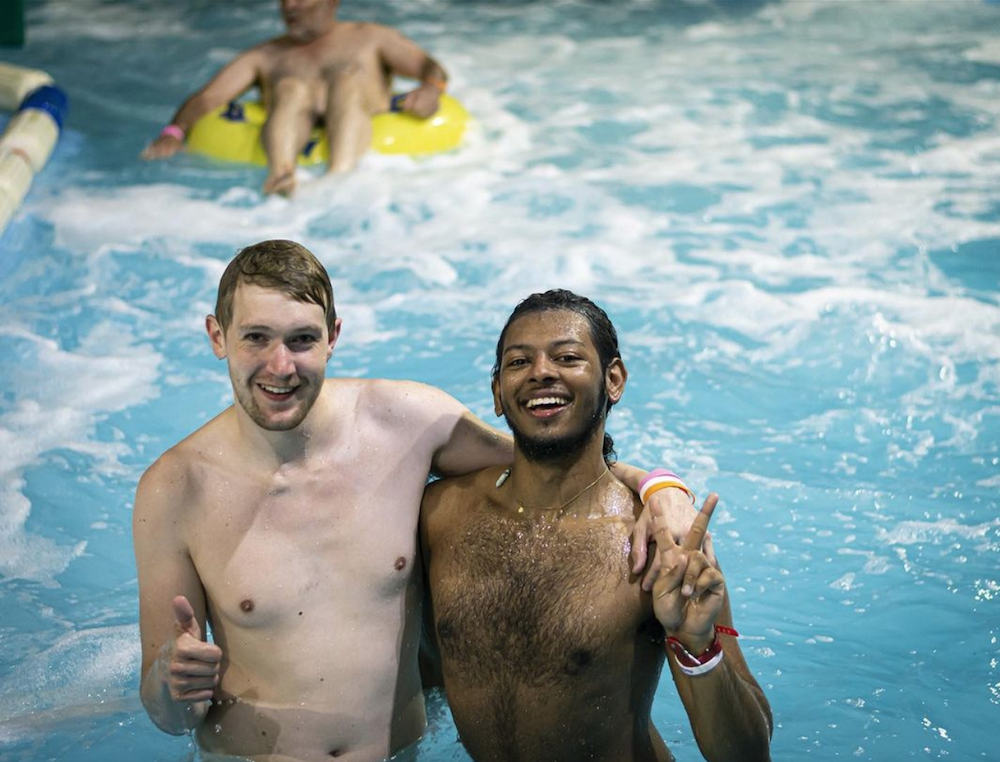
Why are younger adults embracing Naturism and nude recreation more than their older counterparts and why does it matter?
To interpret these trends, it is important to understand who these young adults are and what their experience of the world has been so far. Young adults of 16-24 years old are often described as Generation Z. They are the first generation to have had access to the internet and portable devices from a young age, meaning that their entire experience of the world has been heavily influenced by social media. Their actions have always been subject to the scrutiny of their friends and elders and their perception of the human body has always been through stylized imagery, social media filters and influencers. They are also the generation who have suffered restrictions such as COVID-lockdowns at an age that they’d normally be discovering their independence.

Kane, age 20, says:
“Being chronically online, you start to lose touch with reality. When all you see are people posting their workout videos, you get a warped view on life, and start thinking ‘if they can do xyz or look like xyz so should I.’”
The pressures to achieve a ‘perfect body’ leads to problems with self-image, having an impact on mental health that can be seen across healthcare. Suicide is the leading cause of death in men aged 20-34, accounting for over a quarter of fatalities (Office of National Statistics). The most direct consequence of living online is the deterioration of body confidence and poor body image, with 5.6% of women aged 17-19 suffering Body Dysmorphic Disorder (NHS).
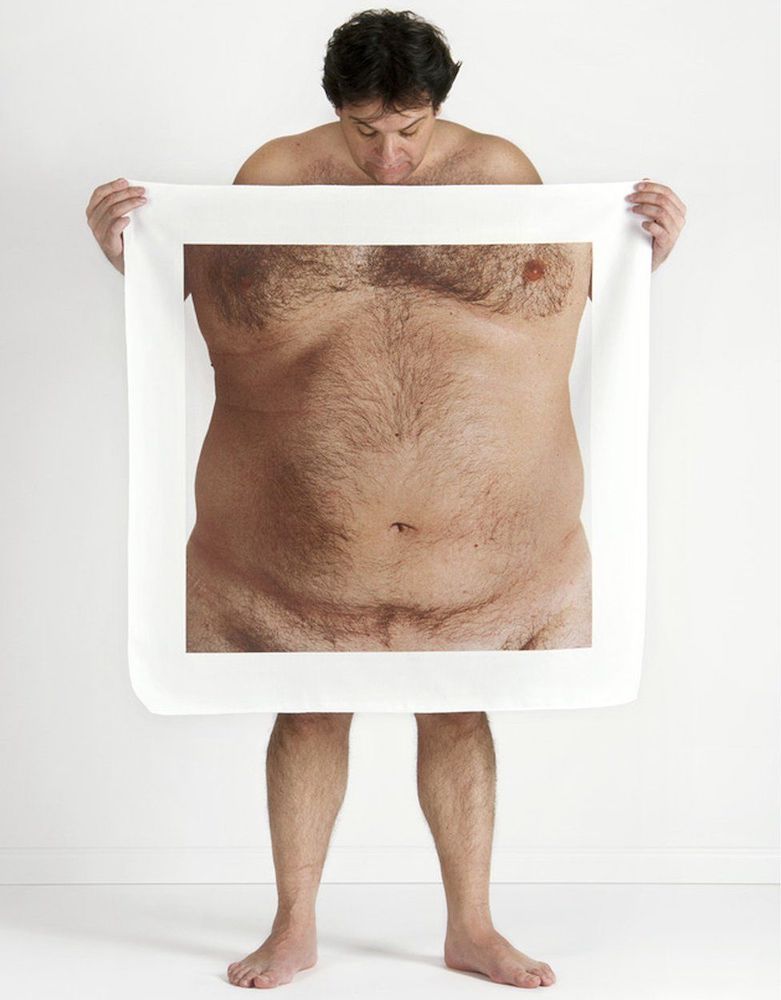
Kane’s own story is a typical example of this:
“Mental health and body image are always going to be inextricably linked and will influence each other. I have faced problems with my body image due a variety of reasons, most namely dysphoria and my body not feeling like my own. When my mental health started to decline, I developed an eating disorder and began self-harming in an attempt to feel ownership over my body. This of course did not help my body image/ self-esteem, and that in turn did not help my mental health, leading to a downwards cycle where both declined.”
Poor mental health is having a devastating effect on young people. Unfortunately, healthcare focuses on ‘treatment’ when things reach a crisis point, rather than early intervention, and for mental health issues, that is too late.
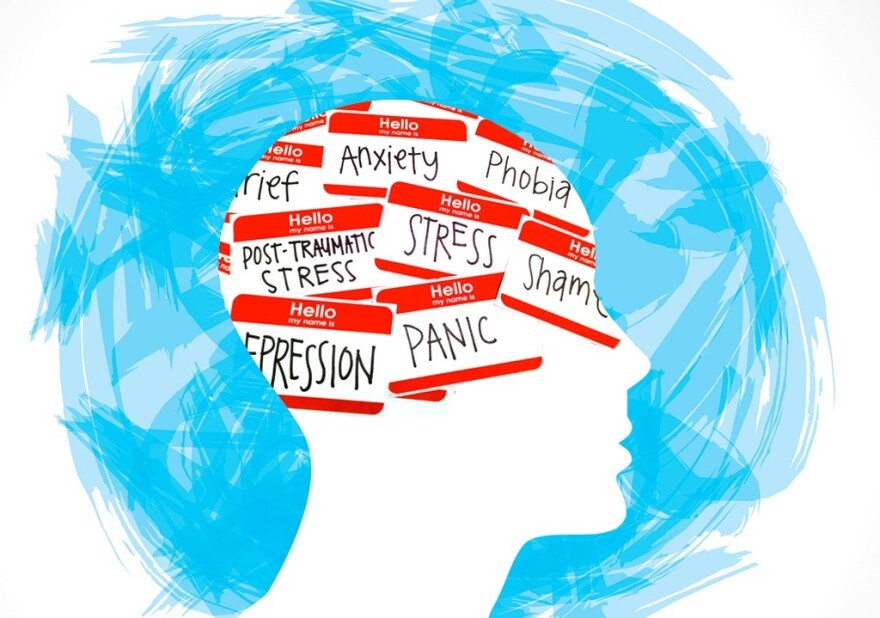
So, where does Naturism come in? Whilst simple nudity does not provide an instant fix to all of these challenges, there is evidence to show that it does help. Published studies conducted with Professor Keon West have found that spending even short period of times naked with others improves body appreciation and reduces social anxiety, while ongoing participation in Naturism leads to long-term positive body image and higher self-esteem.
In a world where even urgent healthcare is becoming increasingly difficult to access, it is no surprise that Generation Z are finding their own solutions and turning to social nudity as a way to nurture and protect their mental health.
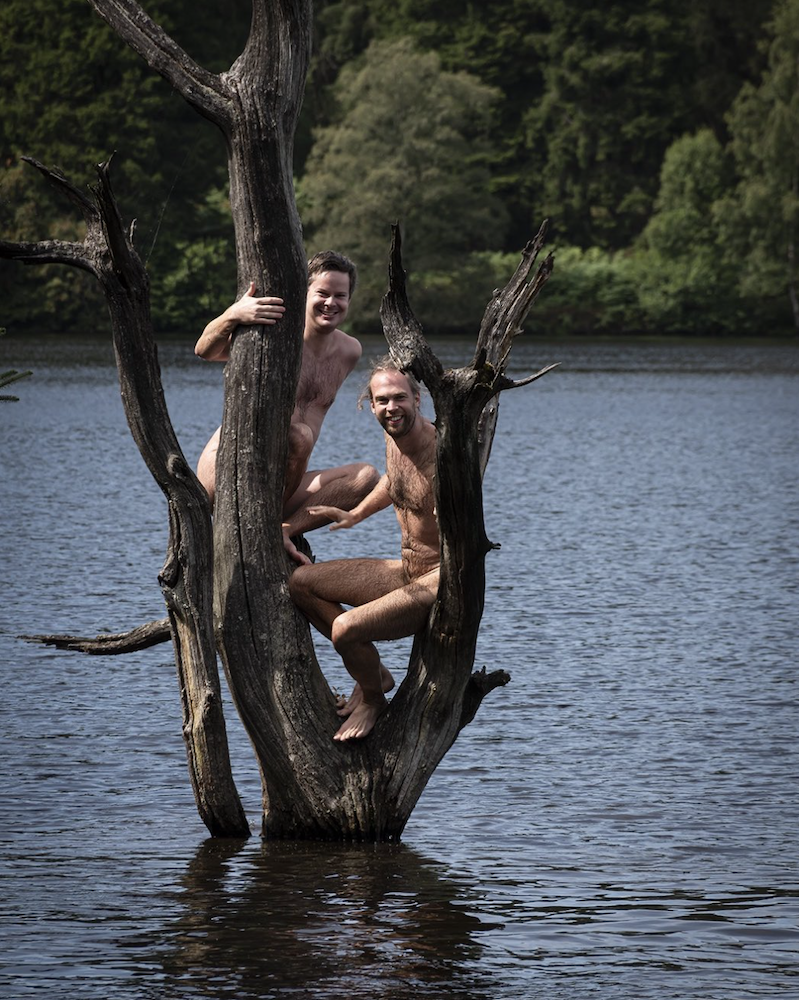
It is these findings and challenges with regard to Generation Z that have led the British Naturism community to launch the EveryBody initiative. EveryBody will create events tailored to Millennials and Generation Z and provide opportunities for young and not-so-young adults to try nude recreation in a safe, non-sexual environment with a firm emphasis on freedom, equality and body positivity. The need and the demand for such opportunities are clear and the British Naturism community is doing its best to provide them.
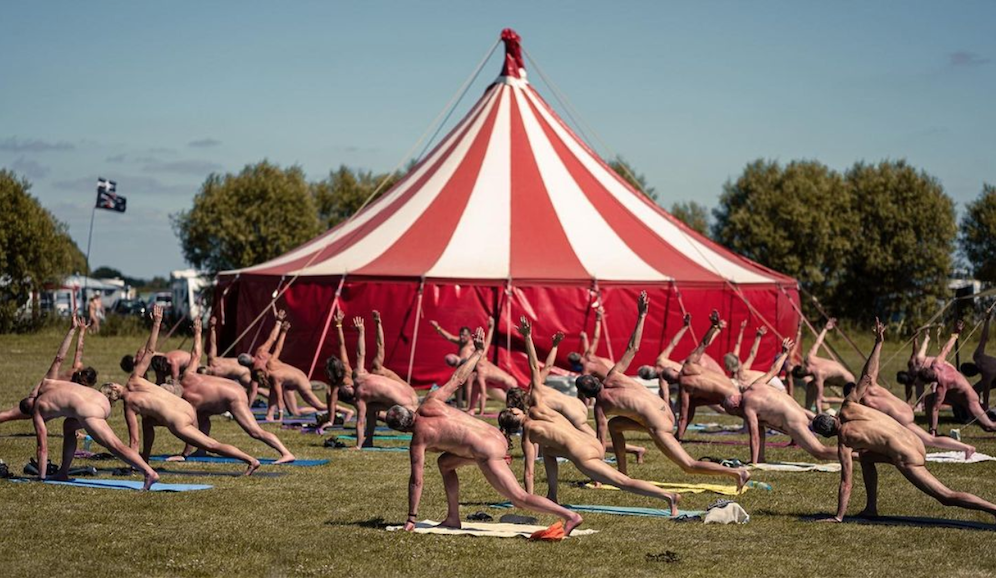
Do you think social nudity could be a viable solution to the growing mental health challenges among young adults, and have you personally found any benefits in embracing nudity as a form of body positivity and self-care? We’d love to hear your thoughts and experiences in the Comment section below!

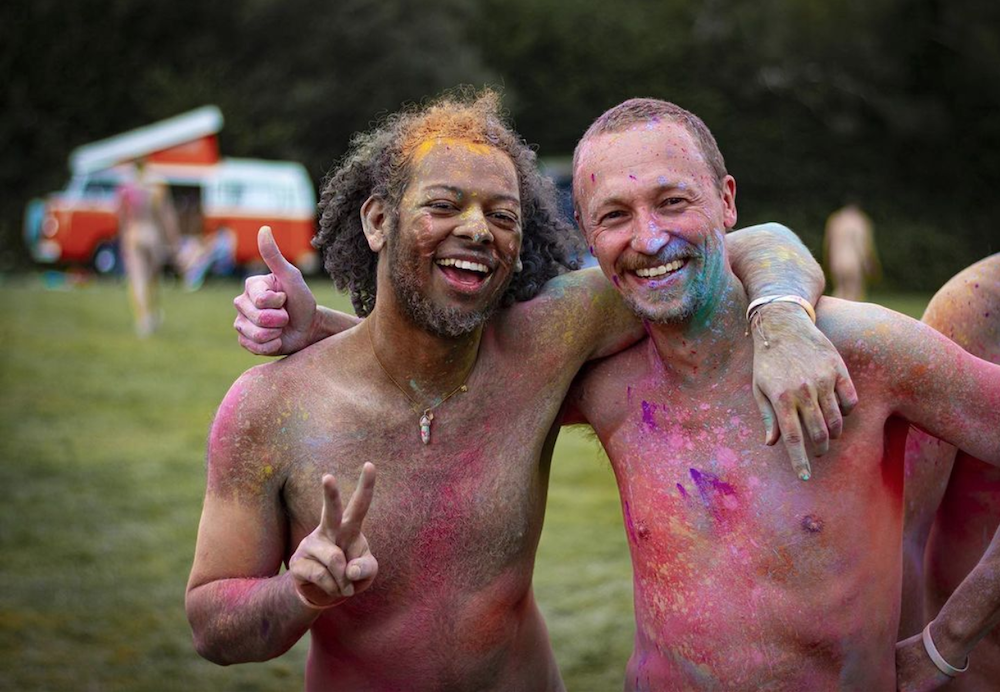
La nudité sociale n’est pas une solution en tant que telle, mais elle participe à améliorer les problèmes de santé mentale chez les jeunes adultes et au delà.
Vir mon corps nu m’encourage chaque jour à en prendre soins: activités physique, alimentation, sommeil… J’ai 64 ans et nombreux sont ceux qui m’en donnent moins de 60, ce qui est flatteur. Pourtant, je suis toujours en activité comme aide soignant de nuit depuis 17 années.
Auprès des patients très pudiques, je leur dit que le corps n’est qu’une enveloppe et que seul leur mental, leurs pensées , peuvent “échapper” au regard des autres.
As a male baby boomer, I feel totally relaxed practicing nudity in any company at the appropriate time and place. As a youngster, it was regarded as acceptable by our peers in a recreational scene, however, that acceptance changed with more recent generations who tended to move away from that social concept.
support the cause!